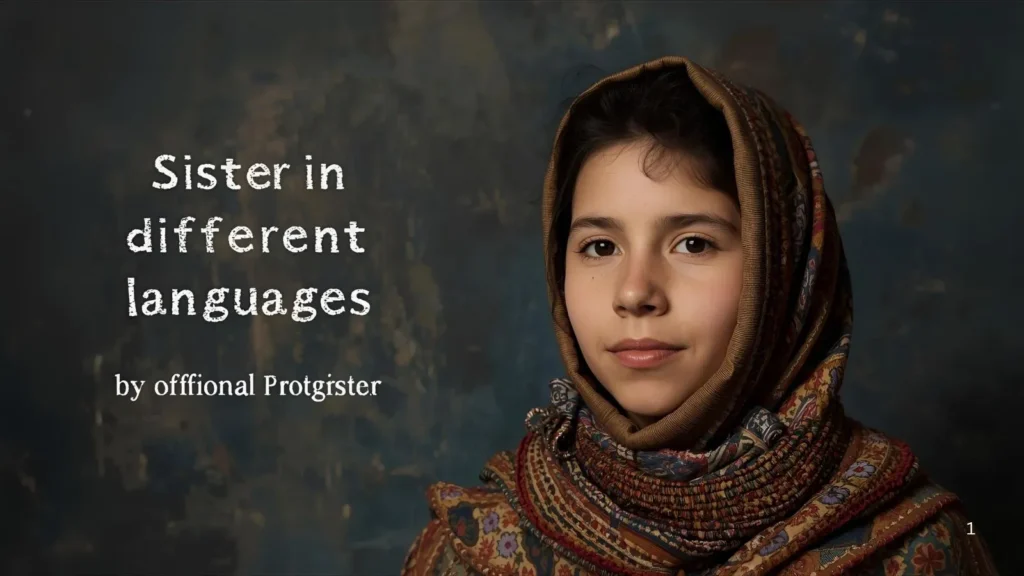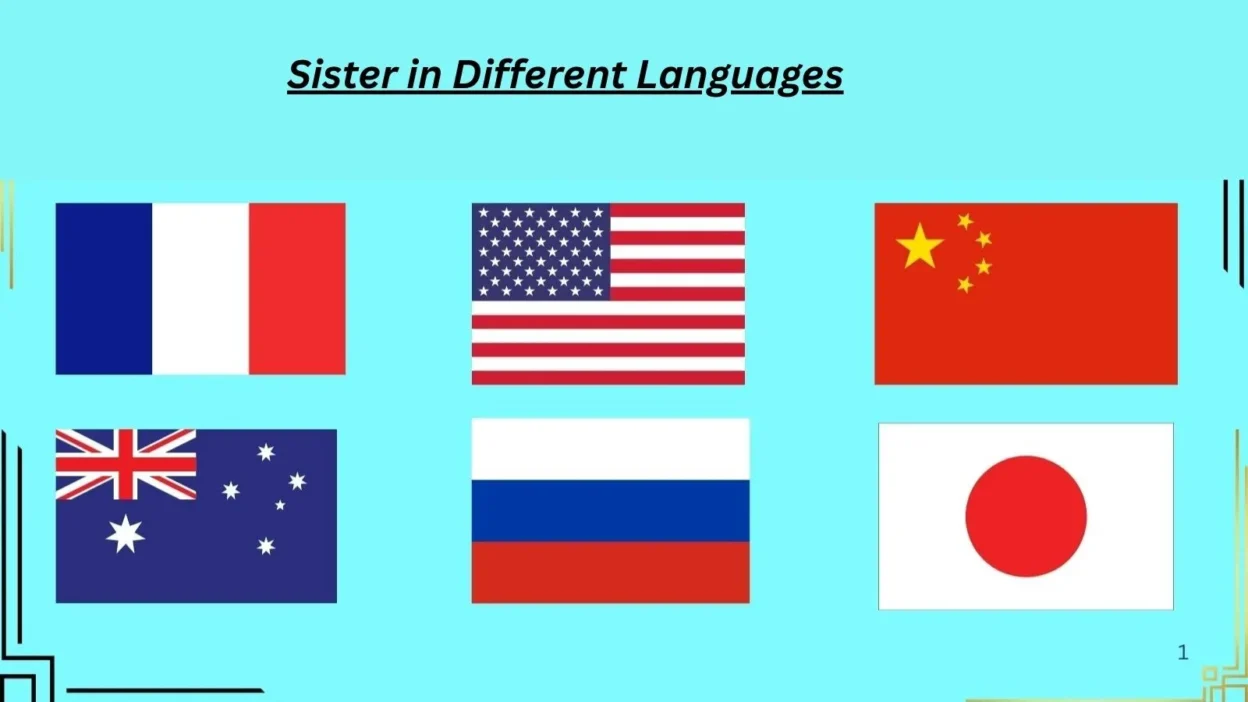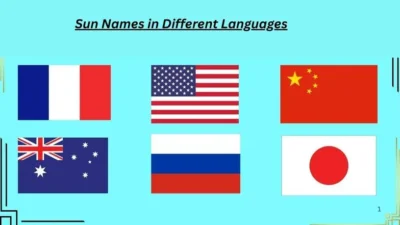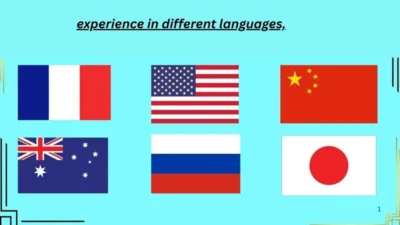When people search for how to say sister in different languages, they are often looking for a way to connect with others across cultures.
Maybe they want to greet their sibling in a new language, write a heartfelt message, or simply expand their vocabulary. Some might be studying a language and want to know how to express family terms, while others may need it for travel, cultural exchange, or even creative writing.
This blog will solve that problem by giving you the meaning of the word “sister” in many different languages, along with how to use it in daily conversation.
By the end, you’ll be able to confidently call your sister in multiple tongues, adding warmth and cultural flavor to your expressions.
The Meaning of “Sister”

The word sister refers to a female sibling, but its meaning often goes beyond family. In many cultures, “sister” is also used as a term of affection, solidarity, and friendship. For example, in English, you might say “She’s like a sister to me”, even if you’re not related. Understanding this word in other languages helps you connect with both family bonds and cultural nuances.
How to Say Sister in Different Languages

Here’s a list of translations of “sister” across major languages:
- French – Sœur
- Spanish – Hermana
- Italian – Sorella
- German – Schwester
- Portuguese – Irmã
- Russian – Сестра (Sestra)
- Greek – Αδελφή (Adelfí)
- Arabic – أخت (Ukht)
- Hebrew – אָחוֹת (Achot)
- Turkish – Kız kardeş
- Hindi – बहन (Behan)
- Urdu – بہن (Behan)
- Chinese (Mandarin) – 姐姐 (Jiějiě) for older sister, 妹妹 (Mèimei) for younger sister
- Japanese – 姉 (Ane) for older sister, 妹 (Imōto) for younger sister
- Korean – 언니 (Eonni) for older sister (used by women), 누나 (Nuna) for older sister (used by men), 여동생 (Yeodongsaeng) for younger sister
- Swahili – Dada
- Zulu – Udadewethu
Usage Examples
- In French, you might say: “Ma sœur est gentille” → “My sister is kind.”
- In Spanish, “Tengo una hermana menor” → “I have a younger sister.”
- In Hindi, “मेरी बहन बहुत प्यारी है” → “My sister is very lovely.”
- In Japanese, “妹は学生です” → “My younger sister is a student.”
As you can see, the word often changes depending on age, gender, and respect level in different cultures.
Why Learning This Matters

Knowing how to say “sister” in various languages is not just about vocabulary. It’s about:
- Building Relationships – Calling someone “sister” in their language can create instant closeness.
- Cultural Understanding – Family is central in every culture, and learning these words deepens your appreciation.
- Practical Use – Helpful in travel, conversations, and even in professional or community settings where family terms matter.
Conclusion
Learning how to say sister in different languages opens doors to new connections and cultural appreciation. Whether you’re using it to talk to your actual sibling or to express closeness with a friend, this simple word carries powerful meaning. The next time you want to greet your sister—or call someone “sister” in solidarity—you’ll know exactly how to say it in the language that matters most.



